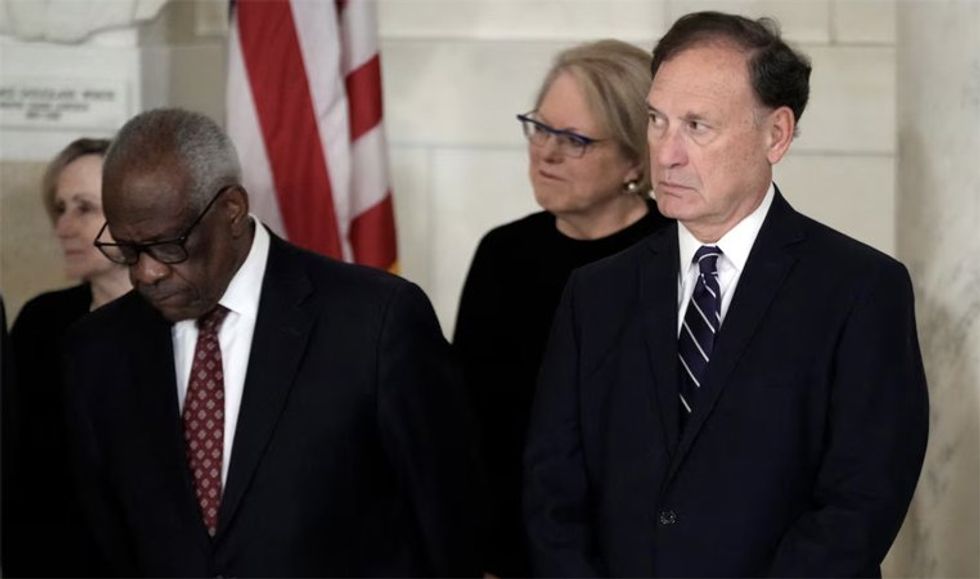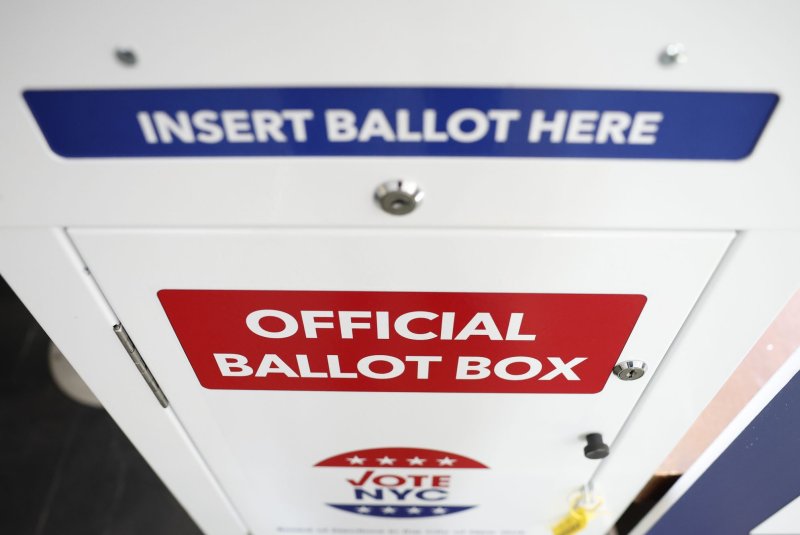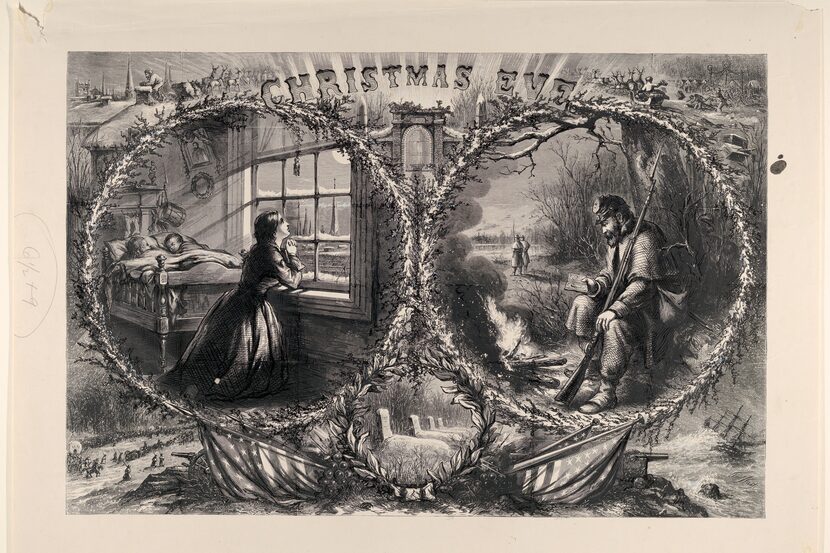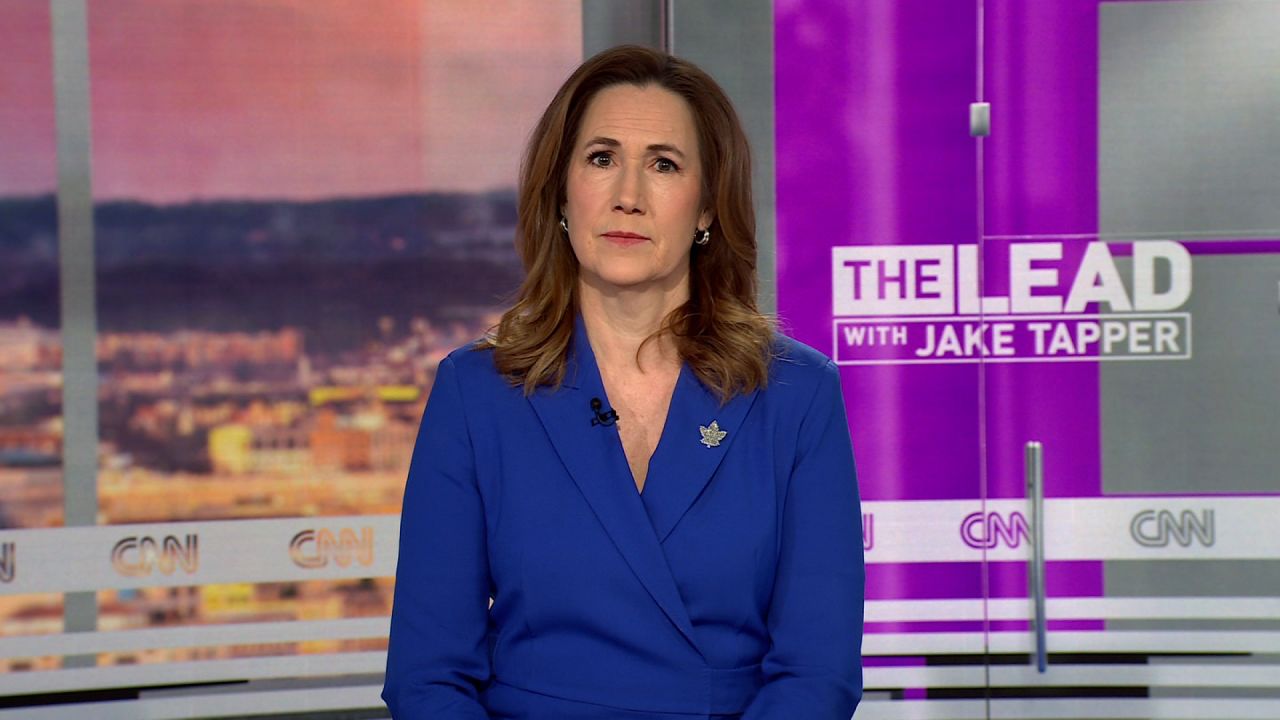The Supreme Court is currently reviewing a case related to marriage equality, which has reignited discussions about the implications of previous rulings. Conservative Justice Samuel Alito has made remarks that some experts interpret as an effort to distance himself from potential backlash regarding this contentious issue.
The case at the heart of this debate involves Kim Davis, a former county clerk in Kentucky who gained notoriety for refusing to issue marriage licenses to same-sex couples following the Supreme Court’s decision in Obergefell v. Hodges. This landmark ruling, delivered in June 2015, established marriage rights for same-sex couples under the 14th Amendment’s due process protections. When Davis denied licenses, she faced legal consequences, including a six-day jail sentence and a judgment requiring her to pay $100,000 in damages to the affected couples.
In July 2023, Davis filed a petition for a writ of certiorari, claiming that her First Amendment rights protect her from personal liability in this case. She contends that the Obergefell decision was “egregiously wrong.” According to ABC News, legal analysts from MSNBC have expressed skepticism about the likelihood of the Supreme Court overturning its previous decision based solely on Davis’ case.
Legal commentator Michael Joseph Stern highlighted a recent statement by Alito during a conference. While discussing a separate case, Alito stated, “In commenting on Rockefeller, I am not suggesting that the decision in that case should be overruled.” Stern, however, expressed doubt about Alito’s intentions, suggesting that the Justice may have been attempting to avoid negative headlines.
Stern noted, “The odds are exceedingly unlikely that the full court takes it up, in part, because what Davis is trying to do is get out from under the $100,000 in damages she owes.” He characterized her moves as a “cynical attempt” to gain attention and potentially fundraise from her situation.
The dialogue surrounding this case raises significant questions about the future of marriage equality. On a recent broadcast, host Katy Tur questioned Stern on whether he believed Alito’s statement. Stern’s response was definitive: “No, not at all,” he stated, pointing out that Alito had previously indicated that he would support overturning the Obergefell ruling if given the opportunity.
The prevailing sentiment among legal experts is that, should the issue of marriage equality reach the Supreme Court anew, the current composition would likely result in a ruling against it, with a possible vote of 6-3. The critical inquiry remains whether the precedent established by Obergefell is at risk under the present judicial climate.
As this case unfolds, it not only impacts the legal landscape surrounding marriage rights but also reflects the ongoing cultural battle over LGBTQ+ rights in the United States. The implications of the Supreme Court’s decisions resonate far beyond legal circles, influencing social norms and individual lives across the nation.







